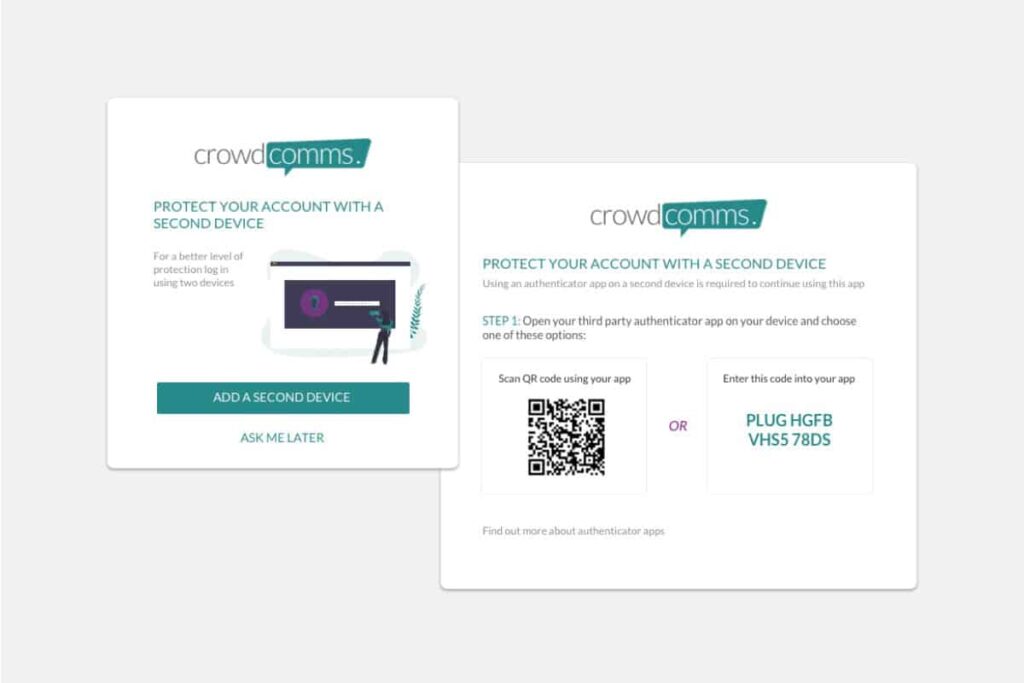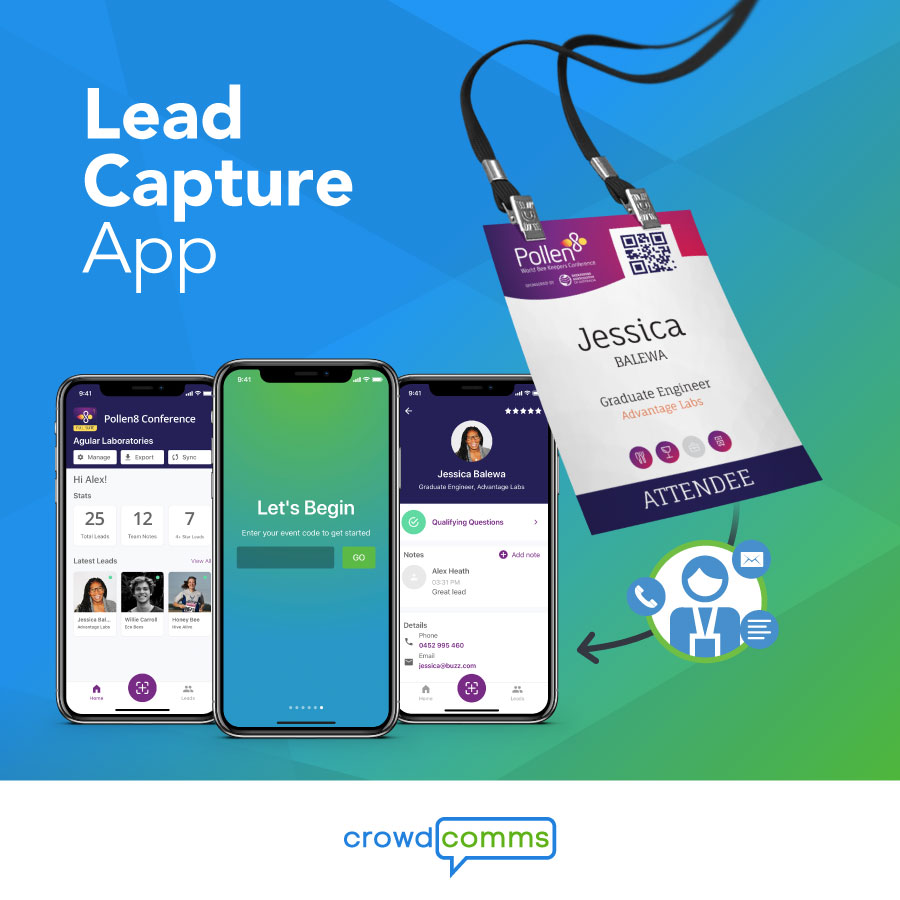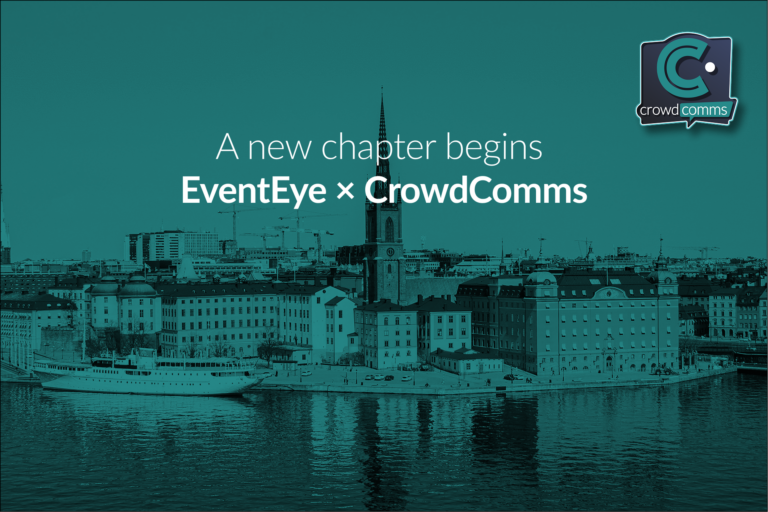
Post-COVID expectations have dramatically transformed how we plan, execute, and measure events. Integrating event technology into larger data ecosystems is no longer a “nice to have”—it’s an absolute necessity. But with great data comes great responsibility. From seamless data exchange to strict compliance and security measures, the stakes have never been higher.
Let’s explore why data is the lifeblood of modern events, the key challenges of event tech integration, and how collaboration can unlock a new era of personalised, impactful event experiences.
Why Event Data Matters More Than Ever
For event organisers, data isn’t just a tool—it’s the secret weapon for driving engagement, building relationships, and justifying ROI. Here’s why data is crucial in the modern events landscape:
Personalisation at Scale: Whether it’s tailoring event content to attendees’ interests or recommending networking connections, insights from data elevate the event experience. For example, imagine attendees receiving a curated schedule based on their selected preferences, or a push notification reminding them about a session they’re likely to love. These moments create meaningful connections between participants and the event.
Real-Time Decision-Making: With robust event tech integrations, organisers can act on data insights instantly. For instance, if session attendance is lower than expected, data can prompt real-time marketing efforts like sending app notifications or adjusting the agenda to drive traffic.
Post-Event Intelligence: The value of event data extends beyond the event itself. Post-event stats, such as session attendance data or survey responses, give actionable insights for improving future events. Plus, these metrics help prove ROI to stakeholders, making data indispensable for justifying your investments.
But leveraging this data to its fullest potential isn’t without challenges. Integration, in particular, tends to be a significant roadblock.
The Challenges of Event Tech Integration – real Event Advice
Event organisers often rely on a variety of tools—ticketing systems, platforms for virtual or hybrid events, CRMs, marketing software, and more. While each tool serves a unique purpose, ensuring they all “talk” to each other can be tricky.
1. Complex Data Ecosystems
Event data needs to seamlessly flow between systems to be actionable. For example, registration information from your ticketing platform should feed directly into your CRM, and attendee activity during the event should sync with marketing software. Without integrations, data silos occur, creating inefficiencies and a disjointed attendee experience.
2. Security Concerns
Data breaches are a nightmare scenario for event professionals. When attendee data is exchanged between systems, there are countless vulnerabilities for potential breaches. Integrating technology securely is essential not just for meeting compliance standards (like GDPR) but also for maintaining trust with attendees.
3. Real-Time Performance
Every event planner knows that events move at lightning speed. There’s no time to manually transfer spreadsheets or resolve integration hiccups mid-event. Tools must integrate smoothly, exchanging data in real-time to keep up with fast-paced demands.
The Key to Success? Collaboration and Alignment
To tackle these challenges, collaboration between technology providers is crucial. The post-COVID demand for advanced integrations has brought tech companies together in exciting new ways. Here’s how these partnerships are shaping the future of event tech:
Shared Standards: By establishing interoperable systems with shared data formats, tech providers are ensuring their tools work harmoniously. This means fewer headaches for event organisers when setting up integrations.
Focus on Compliance: Tech providers are taking a proactive approach to meeting global data regulations. GDPR, CCPA—no matter the acronym, collaborative industry efforts are ensuring your attendees’ data is handled securely and ethically.
Improved Innovation: Greater collaboration is unlocking new features and functionalities, too. Imagine hybrid event platforms that automatically score attendees’ engagement levels and push insights directly to your CRM. The possibilities are endless when technology companies join forces.
Real-Life Impact of Integrated Event Tech
What does this all look like in practice? Here are two examples of how tech integrations have transformed modern events:
Example 1: Personalised Communication
At a recent trade show, one organiser integrated their event platform with email marketing software. Using attendee registration data and engagement insights from the event app, they generated personalised email campaigns. Not only did these emails achieve click-through rates 40% higher than standard blasts, but attendees felt seen and valued by the tailored content.
Example 2: Rapid Data Insights
During a three-day leadership conference, an organiser tracked session attendance in real-time. Thanks to their integrated platform, this data fed into the event app, highlighting popular sessions and driving last-minute sign-ups. Session attendance skyrocketed, and the event achieved record-breaking participant satisfaction scores.
What’s Next for Event Data?
Looking forward, expect two key trends to dominate the event data space:
Hyper-Personalisation: Events will deliver even more curated experiences, from AI-generated agendas to tailored networking opportunities.
Smarter Automation: Tedious tasks like post-event reporting and attendee follow-ups will be automated, freeing more time for organisers to focus on building memorable experiences.
Take the Leap with Fully Integrated Event Tech
Organising events shouldn’t feel like balancing plates while running a marathon. With seamless, compliant, and secure integrations, your tech tools can shoulder some of the load—helping you deliver unforgettable events powered by data.
Now’s the time to evaluate your current tech stack and ask, “Are these tools speaking the same language?” If not, explore platforms with strong integration capabilities. Remember, the ultimate goal is to remove barriers so you can focus on what really matters—creating events that connect, inspire, and leave a lasting impact.
Are you ready to step into the future of event tech?
Speak to CrowdComms, who deliver the tech behind moments that matter.




